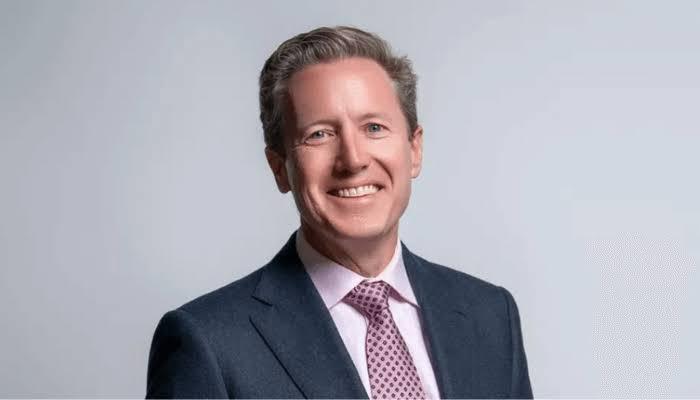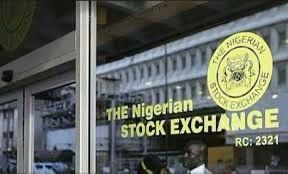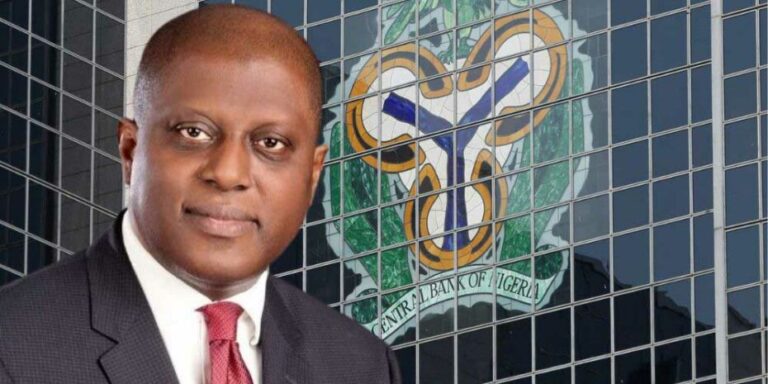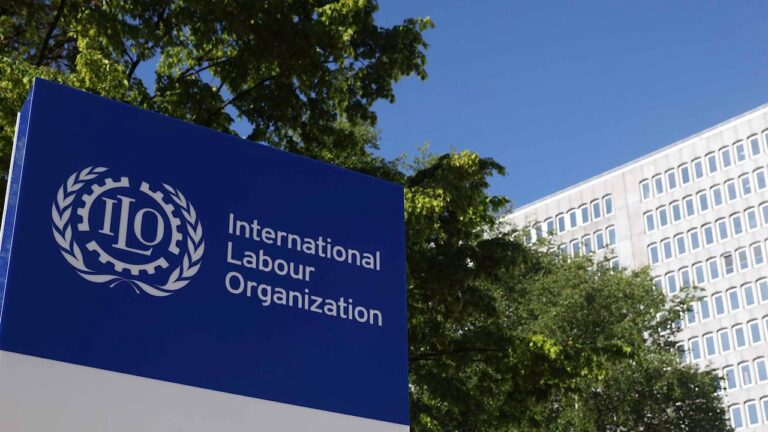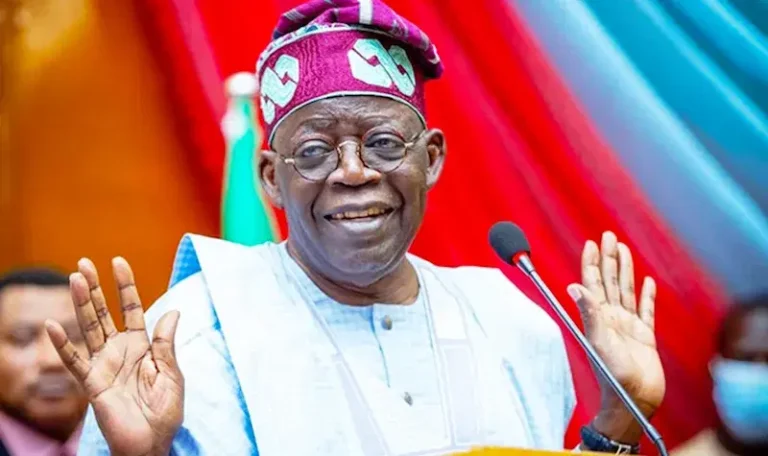Senegalese Prime Minister Ousmane Sonko on Friday unveiled the “Jubanti Komm” Economic and Social Recovery Plan, a comprehensive strategy to address the nation’s fiscal challenges while prioritizing domestic funding.
The prime minister outlined a path to tackle a 14% budget deficit and a public debt equivalent to 119% of GDP, according to Economy Minister Abdourahmane Sarr.
Sonko announced that 90% of the plan’s funding—totaling 5.7 trillion CFA francs ($9.5 billion USD)—will come from internal resources, avoiding additional external debt.
“We have identified more than 4.6 trillion CFA francs ($7.67 billion USD) in available resources between 2025 and 2028, without increasing the state’s debt,” Sonko declared, emphasizing efforts to reverse economic mismanagement from the previous administration.
Meanwhile, the o revious administration had acquired tremendous debts and hide them, forcing the IMF to cancel it’s loan programs to the West African nation.
The recovery plan, developed by a task force under the Prime Minister’s Office, focuses on three pillars: reducing public debt, mobilizing domestic resources, and securing internal financing without new debt.

Key measures include merging and downsizing state institutions to save approximately 50 billion CFA francs ($83.33 million USD), eliminating tax exemptions in the digital economy—such as online gaming and mobile money—and increasing tobacco taxes from 70% to 100%.
A new fiscal e-visa system for non-African visitors and African nations requiring visas for Senegalese citizens is projected to generate 60 billion CFA francs ($100 million USD) by 2028.
Sonko highlighted the renegotiation of oil, gas, and mining contracts, expected to yield 884 billion CFA francs ($1.47 billion USD), and the renewal of telecom licenses, projected to add 200 billion CFA francs ($333.33 million USD).
However, to address revenue losses, regularizing contracts at Senelec, the national electricity company, is expected to recover over 90 billion CFA francs ($150 million USD) by tackling technical fraud. Fees for the audiovisual sector will further boost state revenue.
The plan also raises the age limit for imported vehicles to address diaspora demands, aiming to stimulate economic activity. Access to land titles will be eased to attract investment, while energy subsidies will be phased out gradually, with cash compensation for vulnerable families to cushion the impact. Sonko stressed clear communication to maintain public support.

Senegal faces scrutiny over hidden debts from the prior administration, leading the International Monetary Fund (IMF) to freeze its $1.8 billion USD loan program after uncovering misreported deficits. An IMF mission is expected later this month to review corrective measures.
Economy Minister Sarr noted a 20% unemployment rate and poverty affecting 36% of the population. He assured that public finance reforms would protect private sector interests while prioritizing vulnerable communities, aligning with “Vision Senegal 2050” and the 2025-2029 macroeconomic framework.
President Faye, elected in March 2024 on a platform of economic sovereignty, joined Sonko in framing the plan as a step toward reducing reliance on foreign powers, particularly France. The duo called for national unity, with Faye urging citizens to support the initiative.
“This plan reflects our commitment to reinforcing Senegal’s sovereignty,” Sonko said. “Together, we will meet the challenge and secure a stronger future.”







